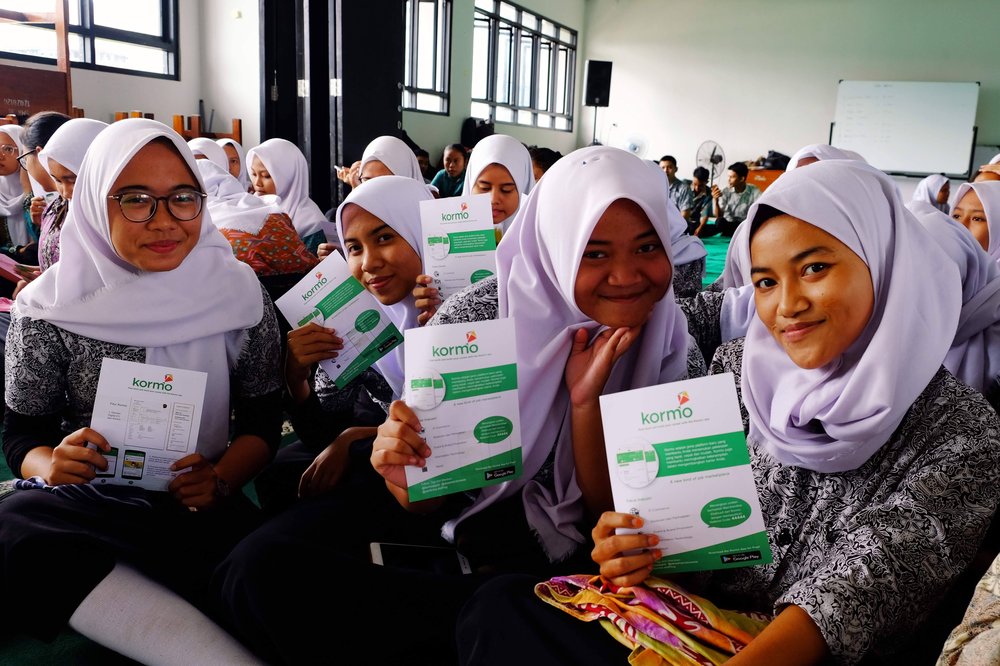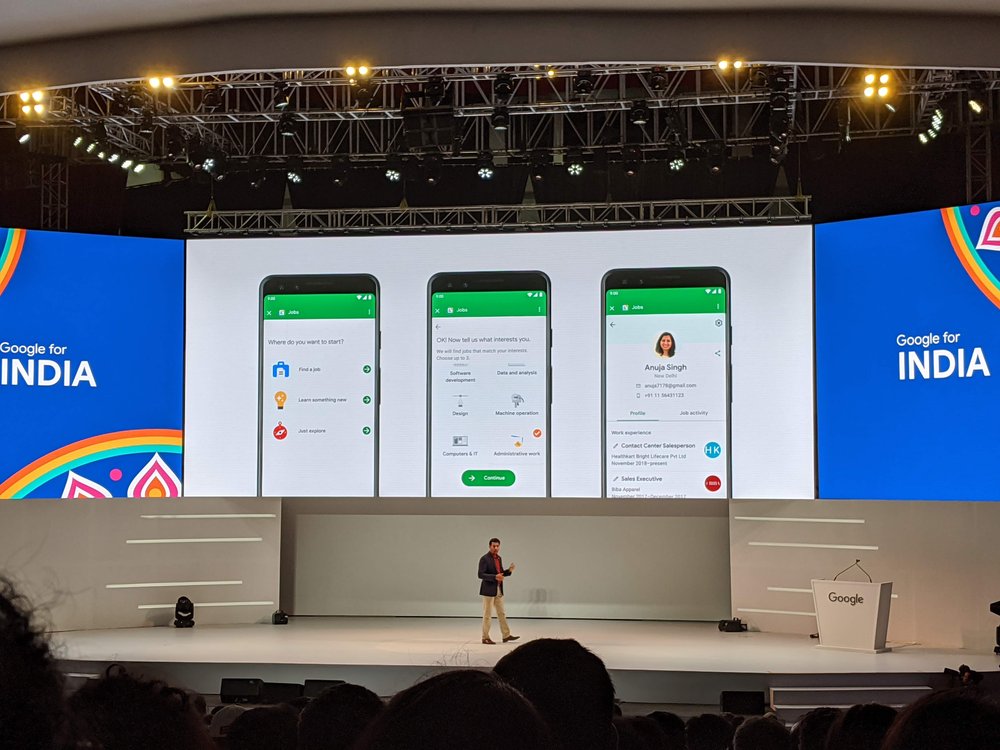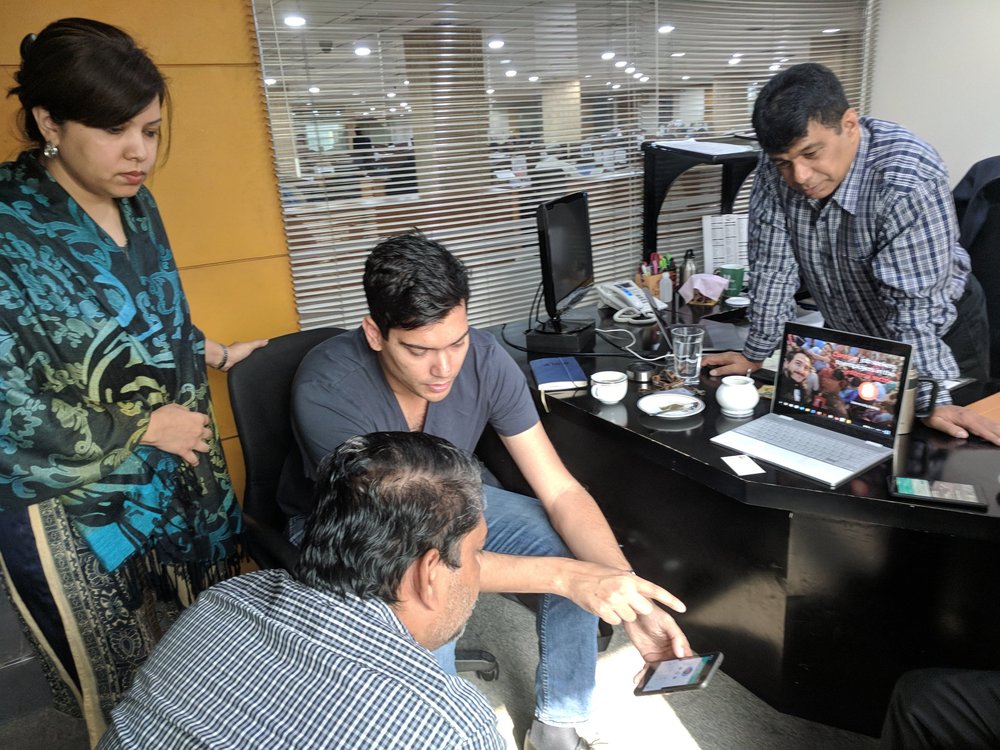Welcome to the latest edition of “My Path to Google,” where we talk to Googlers, interns and alumni about how they got to Google, what their roles are like and even some tips on how to prepare for interviews.
Today’s post is all about Avital Zipori, a software engineer at our Tel Aviv office. Always lured by the startup world, she first turned down an offer from Google. After filling her startup fix, she now brings the skills she learned at small companies to Google.
What’s your role at Google?
I'm a senior software engineer and tech lead for Google Research. My team focuses on building engaging, conversational experiences. A cool new feature we recently released is aimed at teaching children more about animals. Try it yourself by saying “Animal of the Day” to Google Assistant.
How did you first get interested in technology?
I grew up in Netanya, Israel. I got my first taste of programming in high school and then again in my analyst role in the army, and couldn't get enough of it. It’s what eventually led me to study Computer Science at the Hebrew University of Jerusalem.
I'm a co-founder of Extend, an organization focused on opening the tech industry to diverse engineers, and a co-founder of Baot, Israel’s largest community of senior female software engineers.
What made you decide to apply to Google?
Actually, I never thought I would work at Google. I knew it was considered the best place to work but that it was extremely difficult to get in, so it didn't even cross my mind that it would be an option.
I’d been working at a mid-sized startup since I was a student, and after a few years I decided it was time to look for my next challenge. I had my mind set on joining a new startup. When a Google recruiter reached out to me, I decided to interview for the practice. I figured that there was no chance I would pass, but I expected the interviews would be hard and would prepare me well for other interviews.

Avital gives a talk at the Google Research conference.
What inspires you to come in (or log on) every day?
Above all, it's the amazing people I get to work with! I also love having the power to create something out of absolutely nothing, and think of creative ways to solve challenging problems with significant impact.
How did the application and interview process go for you?
I was so certain I would not pass that I had already chosen a job at a new startup to join when I got the news that I had been accepted to Google.
This left me with a difficult decision to make: On the one hand it sounded crazy to say no to Google, but on the other hand I was really excited about the startup. I wanted the experience of a small, new startup at some point in my career, and it seemed to make more sense to do it at that stage of my life when I didn't have other time-consuming obligations.
I decided to join the startup and I had a great time and learned a lot. But as with most startups we eventually ran out of money. The Google recruiter kept in touch with me during this time, so I contacted him and continued the process where we left off.
What's one thing you wish you could go back and tell yourself before applying?
I didn't know how much freedom engineers at Google had to manage themselves and choose what they work on.
I also didn't know how simple it was to switch teams, even if you are switching between completely different engineering specialties—like from front-end development to low-level networking). This is incredible because it allows you to keep learning new things and work on a variety of products and technologies.

Avital speaking at a panel during a Google recruiting event.
Can you tell us about the resources you used to prepare for your interview or role?
I mostly studied using the book "Cracking the Coding Interview". Nowadays I recommend also using coding websites that test your solutions and doing mock interviews with friends.
Do you have any tips you’d like to share with aspiring Googlers?
My advice for everyone is don’t be afraid of failure and forgive yourself if you do fail. This is generally important in life, but also specifically relevant for starting a process with Google.
I meet people who are afraid to enter the process and I attempt to convince them that they have nothing to lose. Even if you don’t get the job, it will be a better outcome than not trying at all. So if you are afraid to start a process—please do it anyway!











